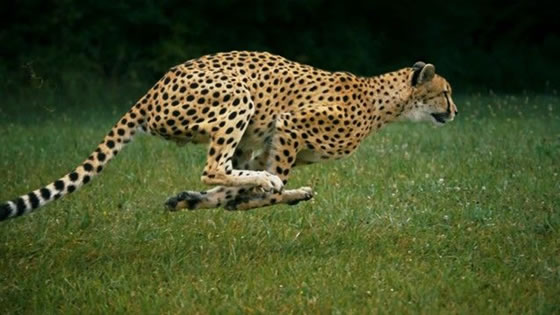 |
Ne matenu afudu o la, ekema nanya bebe. ( Ewe) Kama huna mbio lazima njue kujificha. (Swahili) Si tu ne peux pas courir vite, donc tu dois savoir comment se cacher. (French) If you cannot run fast, then you must learn how to hide. (English) |
Ewe (SE Ghana, Southern Togo, Benin and SW Nigeria) Proverb
Background, Meaning and Everyday Use
The Ewe speaking peoples are found mostly in South Eastern Ghana, Southern Togo and Benin and in South Western corner of Nigeria around Badagri. In Ghana they are generally known to be very hard working people, very honest and straight forward people. They are generally farmers and fishermen along the coastal areas. But due to the poverty of their farming lands that happen to be on the hilliest areas of Ghana, coupled with early contact with missionaries who introduced formal education in to the country as a whole, the Ewe people end up being a very well educated people. One therefore finds a lot of Ewes in very high positions in the civil service and sometimes in private enterprises too.

The Ewe people use proverbs very frequently in their daily conversations and speeches during public gatherings. This particular proverb is a warning about decision making. It calls for patience in making decisions. It suggests that patience is necessary in making some decisions so one can think over the issues a little more before coming to conclusions.
Biblical Parallels
- Genesis 29:20: “So Jacob served seven years to get Rachel, but they seemed like only a few days to him because of his love for her.”
- Ecclesiastes 7:9: “Do not be quickly provoked in your spirit, for anger resides in the lap of fools.”
- Proverbs 15:18: “A hot-tempered person stirs up conflict, but the one who is patient calms a quarrel.”
- Ephesians 4:2: “Be completely humble and gentle; be patient, bearing with one another in love.”
- Galatians 6:9: “Let us not become weary in doing good, for at the proper time we will reap a harvest if we do not give up.”
- 1 Corinthians 13:4: “Love is patient, love is kind. It does not envy, it does not boast, it is not proud.”
- Philippians 4:6: “Do not be anxious about anything, but in every situation, by prayer and petition, with thanksgiving, present your requests to God.”

Slowly but surely even the tortoise reaches its destination.
Contemporary Use and Religious Application
This proverb teaches about patience, caution and carefulness. It is important to think over issues before making decisions in life. An interesting contemporary use of this cartoon is on page 14 of the Kenya Saturday Standard newspaper (23 February, 2019) under the Editorial on “the misappropriation of dam money.” The two panels show two versions of this African proverb written as you can run, but you can’t hide: first, the police arresting a college loan defaulter and second, a tender-preneur carrying a big bag of cash.
Proverb and Photographs provided by:
Cephas Yao Agbemenu
Department of Fine Arts And Design
Kenyatta University
P.O. Box 43844
Nairobi, Kenya
Cellphone: +254 723-307992.
Email: cyagbemenu@yahoo.com

